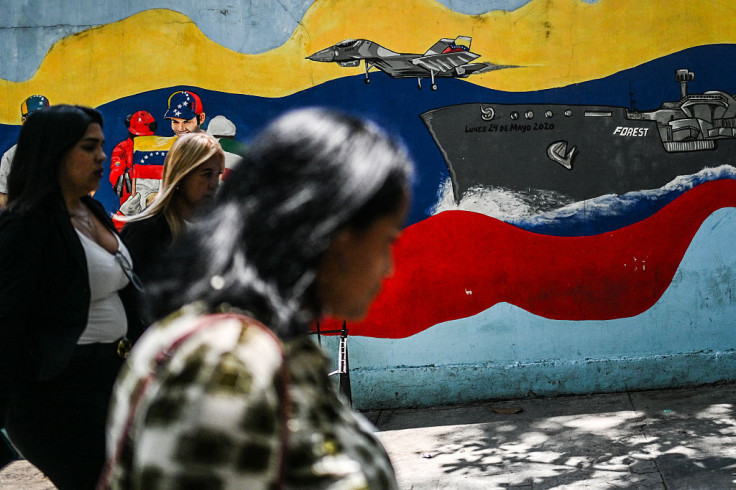
As the United States steps up pressure on Venezuela and the Nicolás Maduro regime with a strong naval presence in the Caribbean, a former Biden administration official warns the actions taken under the Trump administration in the name of fighting drug cartels look like the prelude of a regime‑change operation.
Juan Sebastian Gonzalez, who served as senior director for the Western Hemisphere at the National Security Council under Joe Biden, told CNN the deployment of roughly 10 percent of U.S. naval assets to the region risks escalating the conflict and creating long‑term unintended consequences.
"When you survey the environment inside Venezuela, maybe Caracas is stable, but then you have another cartel, Tren de Oriente, you have illegal armed groups like Colombian guerrillas, and you have pseudo‑military organizations that sometimes pledge allegiance to the government," González said during the interview. "Any kind of U.S. intervention, especially with boots on the ground, would become a cause célèbre for every illegal armed group that has been fighting in Colombia and elsewhere for over half a century. It's easier said than done."
He went on to argue that the naval deployment cannot reasonably be justified as a counter‑drug strategy given its size. Instead, it "looks, walks and talks like regime‑change preparation," he said. "What the administration is doing is merging the war on terror with the war on drugs, and there are legal questions around that, especially around unilateral use of force against alleged traffickers."
Since the naval deployment was announced in September, U.S. military strikes on small boats off the Venezuelan coast have killed at least 21 people. The most recent strike occurred Oct. 3, when Defense Secretary Pete Hegseth confirmed four men were killed in a strike on a vessel he said belonged to "narco‑terrorists," as reported by the Associated Press.
This week, a White House official said President Trump is prepared to use "every element of American power" to stop drugs entering the U.S., suggesting additional operations near Venezuelan waters may follow. But González said those strategies stray from sound counter‑narcotics protocols.
"There is drug trafficking inside Venezuela, but mostly as a transshipment point," he said. "If the U.S. were serious, it would redirect naval funding to the Coast Guard, which has legal authority, training and infrastructure in the Caribbean to interdict, seize cargo and build cases. Also, 75 percent of cocaine entering the U.S. passes via the Pacific, not the five percent through Venezuela."
González added that it is unclear whether the Trump administration has a cohesive strategy. "My concern is this goes beyond a naval deployment in the Caribbean. To ensure the safety of Edmundo González as president, you'd need 20,000 or 30,000 Marines in Venezuela, and that invites a prolonged conflict."
He argued negotiations should still play a central role. "The smart approach would be conditional sanctions relief tied to clear benchmarks. There must be a dialogue channel. The U.S. must invest in a long‑term democratic transition."
He also pointed fingers at Latin American governments. "Other countries in the region have largely remained silent. I believe they should pressure Maduro to cede control or seek concessions to avoid the United States escalating."
© 2025 Latin Times. All rights reserved. Do not reproduce without permission.







